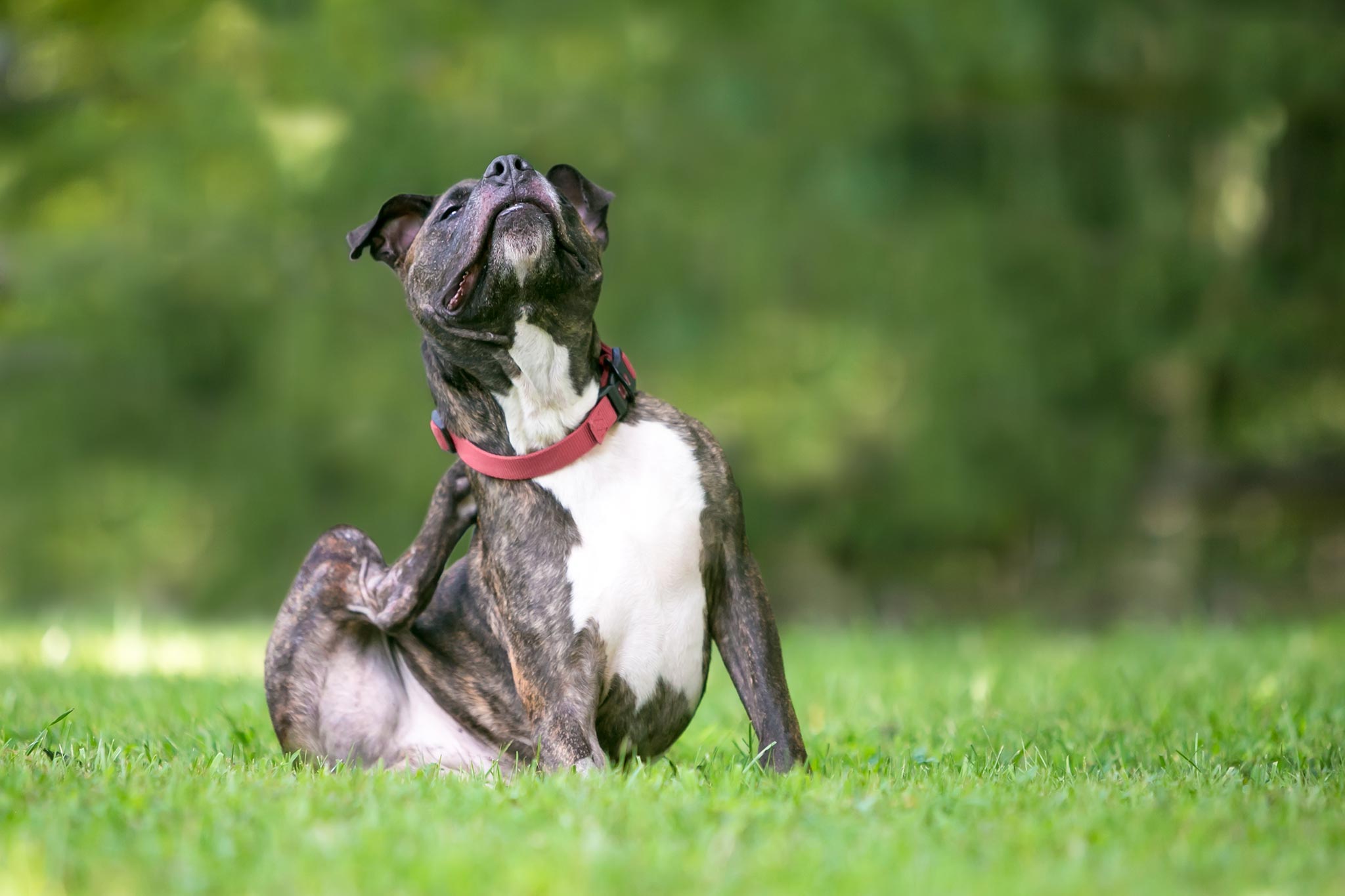When it comes to keeping your beloved dog safe, understanding the impact of pesticides on their health is key. This blog is here to guide you through the necessary steps to ensure that your pet remains happy and healthy, despite the challenges posed by common pesticides found in and around our homes. If you have concerns or need more detailed information, our team at Bayshore Veterinary Hospital in Holmdel, NJ, is always ready to assist. Give us a call at (732) 671-3110 to chat more or to schedule an appointment.

The Risks of Pesticides to Dogs
Pesticides are chemicals used to kill pests, including insects, rodents, weeds, and fungi. While these substances can be helpful in keeping our environments clean and disease-free, they can pose serious risks to dogs. Dogs are curious creatures, often sniffing and tasting the world around them. This behavior increases their risk of coming into contact with harmful pesticides, which can lead to a range of health issues, from mild irritations to severe, life-threatening conditions.
Understanding the types of pesticides your dog might encounter is the first step in prevention. These include insecticides (for insects), rodenticides (for rodents), herbicides (for weeds), and fungicides (for fungi). Each type has different active ingredients and poses different levels of risk to your pet.
Recognizing Symptoms of Pesticide Poisoning
If your dog comes into contact with pesticides, they may show signs of poisoning. Symptoms can vary widely but often include vomiting, diarrhea, excessive salivation, tremors, seizures, and lethargy. These signs can appear within minutes to hours after exposure, depending on the type and amount of pesticide involved.
It’s essential to act quickly if you suspect your dog has been exposed to pesticides. Immediate veterinary care can make a significant difference in the outcome for your pet. Our team at Bayshore Veterinary Hospital is equipped to handle such emergencies and can provide the necessary treatment to help your dog recover.
Preventing Pesticide Exposure in Dogs
Prevention is the most effective strategy to protect your dog from the dangers of pesticides. Here are some steps you can take:
-
Use Pet-Safe Products: Opt for pet-safe pesticides whenever possible. Many brands offer safer alternatives that are less harmful to pets but still effective against pests.
-
Store Products Safely: Ensure all pesticides are stored in secure, dog-proof locations. Dogs can be surprisingly resourceful in accessing containers that may seem out of reach.
-
Limit Access to Treated Areas: After applying pesticides in your home or garden, keep your dog away from the treated areas for the recommended time frame on the product label.
-
Keep Your Home Clean: Regular cleaning can reduce the need for pesticides by minimizing pest attraction and breeding grounds within your home.
-
Monitor Outdoor Environments: When walking or playing outside, keep a close eye on your dog to prevent them from exploring areas that may have been recently treated with pesticides.
Alternatives to Traditional Pesticides
Considering the risks associated with traditional pesticides, exploring alternative methods to manage pests can be a safer option for your dog. Mechanical traps, biological controls (like beneficial insects that eat pests), and natural repellents (such as certain plants that deter pests) are effective ways to reduce pest populations without relying on chemical pesticides.
When to Contact a Veterinarian
If you suspect your dog has been exposed to pesticides, contact a veterinarian immediately. Quick action is crucial for the health and safety of your pet. Our team at Bayshore Veterinary Hospital is here to help, offering expert advice and treatment options to manage pesticide exposure in dogs.
For more information or to discuss your concerns, please don’t hesitate to reach out to us at Bayshore Veterinary Hospital by calling (732) 671-3110. We’re committed to providing the best care for your dog and supporting you in keeping them safe from the risks of pesticides.
